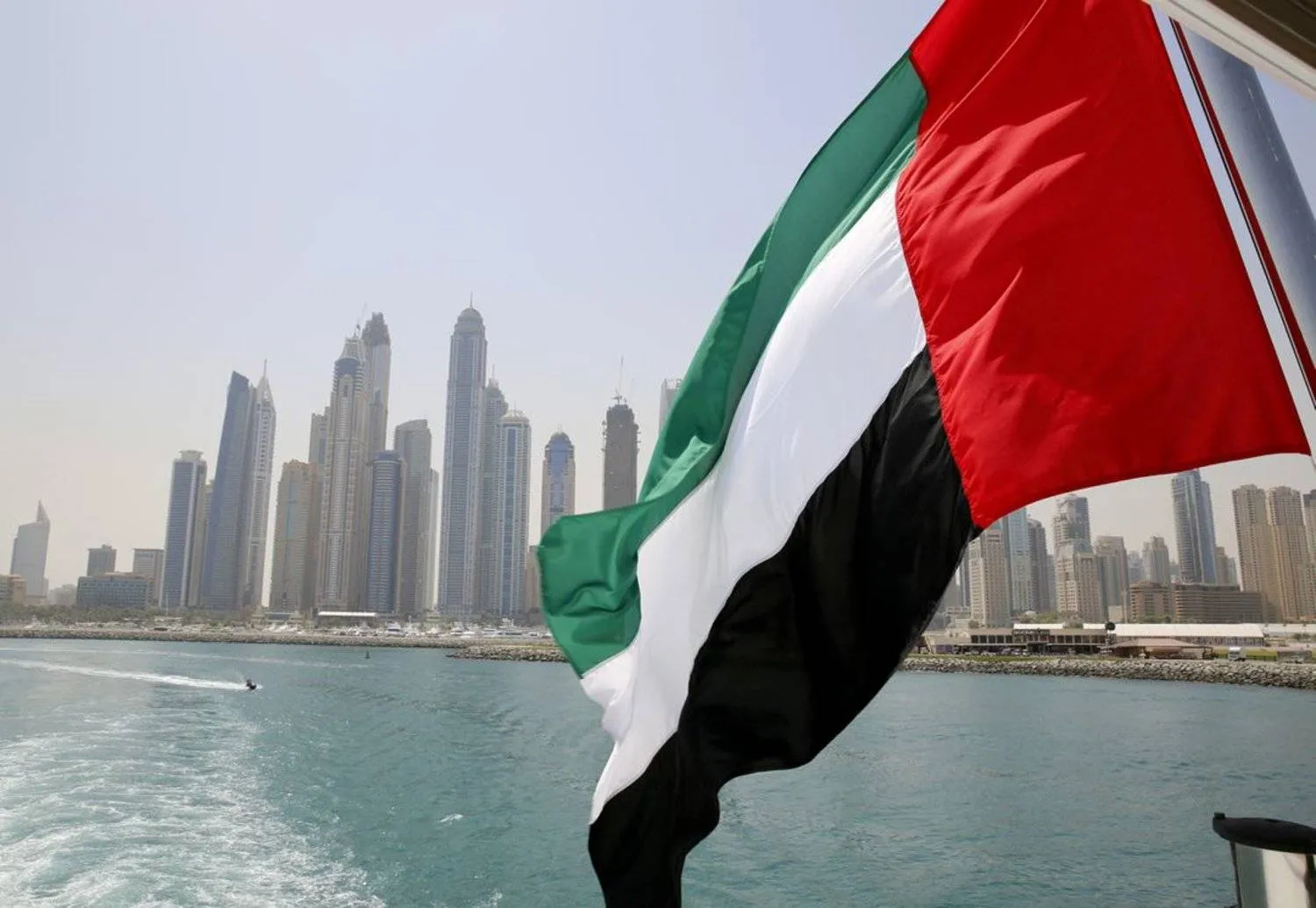An international watchdog said Friday that it was removing the United Arab Emirates from its so-called gray list of countries that don't take full measures to combat money laundering and terrorism financing.
The announcement was made by the Paris-based Financial Action Task Force following its meeting in the French capital. The FATF welcomed the UAE's "significant progress in improving” its anti-money laundering and counterterrorism financing policies.
UAE Minister of Foreign Affairs, Chairman of the Higher Committee Overseeing the National Strategy on Anti-Money Laundering and Countering the Financing of Terrorism, Sheikh Abdullah bin Zayed Al Nahyan, said the achievement is the result of efforts made by the relevant ministries and federal and local government agencies to accelerate the pace of the national action plan, and embody the directives and aspirations of the leadership in strengthening competitiveness and consolidating the UAE as a global economic, commercial and investment center.
He stressed that the UAE, in a concerted and complementary manner with international partners, will continue to strengthen its position in the financial system by keeping pace with developments in this sector, developing legislation, strengthening the legal and supervisory base, and activating collective efforts on an international scale to combat financial crime.
Barbados, Gibraltar and Uganda will also be removed from the FATF's gray list, the watchdog said in a statement Friday following its plenary meetings.
They "will no longer be subject to the FATF’s increased monitoring process,” the watchdog said in a statement.
Being on the watchdog’s gray list can scare away investors and creditors, hurting exports, output and consumption. It also can make global banks wary of doing business with a country.









